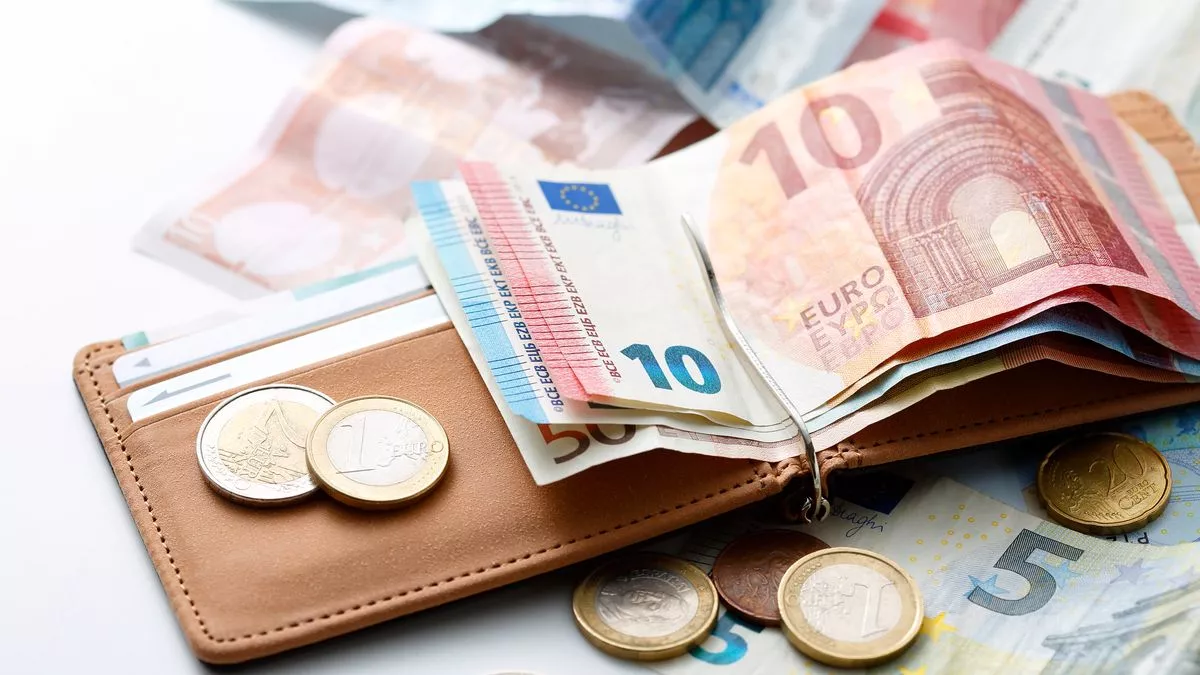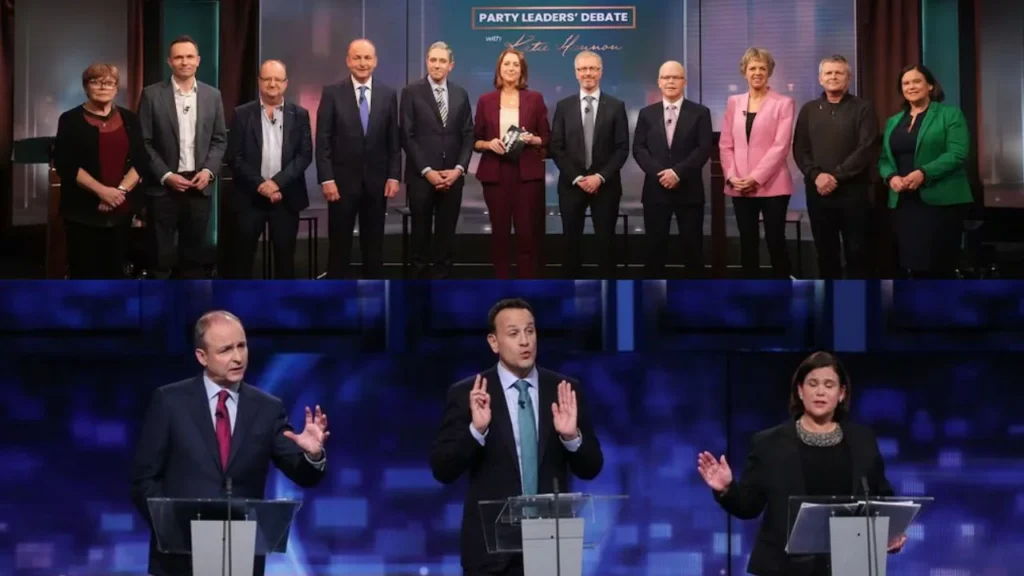Ireland’s Budget 2025 Brings Huge Cash Benefits and Tax Breaks You Need to Know About

Ireland’s Budget 2025 is set to bring a host of changes that aim to support households and businesses while also investing in critical infrastructure. This budget will leverage the country’s strong fiscal position to address underlying economic vulnerabilities, enhance public services, and position Ireland as a resilient, future-ready economy.
With a strong fiscal footing and positive economic performance, Ireland finds itself in a unique position. The budget for this year is anticipated to prioritise technological leadership, environmental sustainability, and adjusting to the dynamics of international trade. Enhancements to R&D incentives, digital transformation support, and investment in green infrastructure will further solidify Ireland’s standing in the global arena.
Balancing Immediate Relief with Long-Term Stability
Ireland’s Budget 2025 is a strategic document that will determine the future course of the nation, not only a financial one. As the country contends with demographic shifts, decarbonization efforts, digitalization, and the risk of de-globalization, it must balance the immediate needs of households and businesses with a long-term vision for sustainable growth.
While the government has room to implement a range of fiscal measures, caution is needed to avoid overheating the economy and worsening inflationary pressures. The fine line between providing short-term relief and ensuring long-term economic stability will define this year’s budget. Boosting Supports for Households and Businesses
The upcoming Budget includes a €250 energy credit and a double Child Benefit payment before Christmas, targeting households to alleviate the burden of rising living costs. The Help-to-Buy scheme will also continue for another year, providing up to €30,000 in government refunds for first-time buyers.
These measures are expected to deliver much-needed support for families while helping first-time buyers enter the housing market. Additionally, proposals to cut the Universal Social Charge (USC) by 1% on incomes between €25,000 and €70,000 will provide tax savings for middle-income earners.
Focus on Environmental Sustainability and Infrastructure
Environmental sustainability has become a cornerstone of economic planning in recent years, and Ireland’s Budget 2025 is expected to reflect this. Investment in green infrastructure, such as energy-efficient housing and wind farms, will not only honour Ireland’s commitments to sustainability but will also improve citizens’ quality of life.
Minister Chambers and Minister Donohoe have emphasised the need for a strong focus on sustainability in Budget 2025. Aligning economic growth with environmental responsibility, the budget can transform environmental stewardship into a competitive advantage, setting Ireland apart as a leader in sustainable development.
Ireland’s Fiscal Strategy
Ireland’s sound budgetary position will be tapped into in Budget 2025 to support economic resilience and mitigate risks. Although the public coffers are in a favourable position, underlying vulnerabilities still exist. Demographic shifts, the need for digital innovation, and the risk of de-globalization are significant challenges.
Furthermore, there are significant changes taking place in the worldwide climate for foreign direct investment (FDI). Ireland’s grant, incentive, and tax credit systems need to be regularly adjusted in order for it to remain competitive. Implementing these strategic changes will secure its place as an attractive destination for investment in an increasingly complex and competitive global market.
Addressing Housing and Land-Hoarding Issues
The Help-to-Buy scheme will remain in place, providing continued support to first-time buyers. However, housing remains a major issue. Ireland’s Budget 2025 aims to direct funds recovered from the bailout of AIB toward new housing initiatives, helping to tackle the housing crisis and support long-term growth.
In contrast, the land-hoarding tax, initially introduced in last year’s budget, has sparked debate. While the Green Party is pushing for its implementation, the Finance Minister has suggested delaying it due to concerns about its impact on farmers. Resolving this issue will be key to effectively addressing the housing shortage.
Technological Leadership
Ireland’s economic change has been largely attributed to the digital revolution. To maintain its status as a technology hub, Ireland’s Budget 2025 is likely to increase funding for research and development, support digital transformation initiatives, and provide enhanced R&D incentives.
Ireland will continue to be at the forefront of technological innovation thanks to investments in AI, blockchain, and other cutting-edge technologies. The government is expected to expand the definition of R&D to include these newer fields, along with potentially introducing a digitalisation credit to reinforce competitiveness in both domestic and multinational markets.
Global Dynamics and Trade Policies
Ireland’s trade landscape has been impacted by global geopolitical tensions and shifting alliances. As a result, Budget 2025 is expected to emphasise trade diversification and support for domestic industries. Ireland’s tax laws need to change in order to attract multinational companies in the wake of the OECD’s Base Erosion and Profit Shifting (BEPS) effort.
The policy interventions aimed at key industry objectives are having an increasing impact on the global FDI environment. In response, Ireland’s Budget 2025 will likely adjust its tax credit systems and incentives to continue drawing high-value investments from key global players.
Supporting Social Welfare and Pensions
On the social welfare front, Budget 2025 has proposed a €15 weekly increase in pension payments, which will provide crucial support for retirees. However, the government is unlikely to increase Jobseeker’s Allowance, citing full employment as a justification. This approach reflects a broader strategy to prioritise pensioners while maintaining fiscal discipline.
Sinn Féin’s Alternative Budget Proposals
Sinn Féin has presented an alternative budget plan that draws a stark contrast with the government’s proposals. It includes abolishing the USC for workers earning up to €45,000, reducing childcare costs to €10 per day, and scrapping the TV licence fee. Their cost-of-living package would also provide €450 in electricity credits and double Child Benefit payments in both October and December.
Proposing €7.3 billion in new measures as part of a €12.4 billion budget, Sinn Féin has set the stage for a heated debate over the best approach to managing Ireland’s economic future.
The Final Countdown to Ireland’s Budget 2025
With just days left before the announcement, the government is racing to finalise the details of Ireland’s Budget 2025. Critical decisions on social welfare measures, tax credits, and housing initiatives are still under discussion. As the general election looms, this budget will be the last opportunity for the government to make a strong impression on voters.
In conclusion, Ireland’s Budget 2025 is more than a set of fiscal policies—it is a strategic roadmap for navigating the challenges of the modern economy. By investing in sustainability, innovation, and housing, Ireland aims to reinforce its position as a resilient, future-ready economy that can weather global uncertainties while ensuring prosperity for its citizens.
LATEST NEWS
DISCOVER MORE






